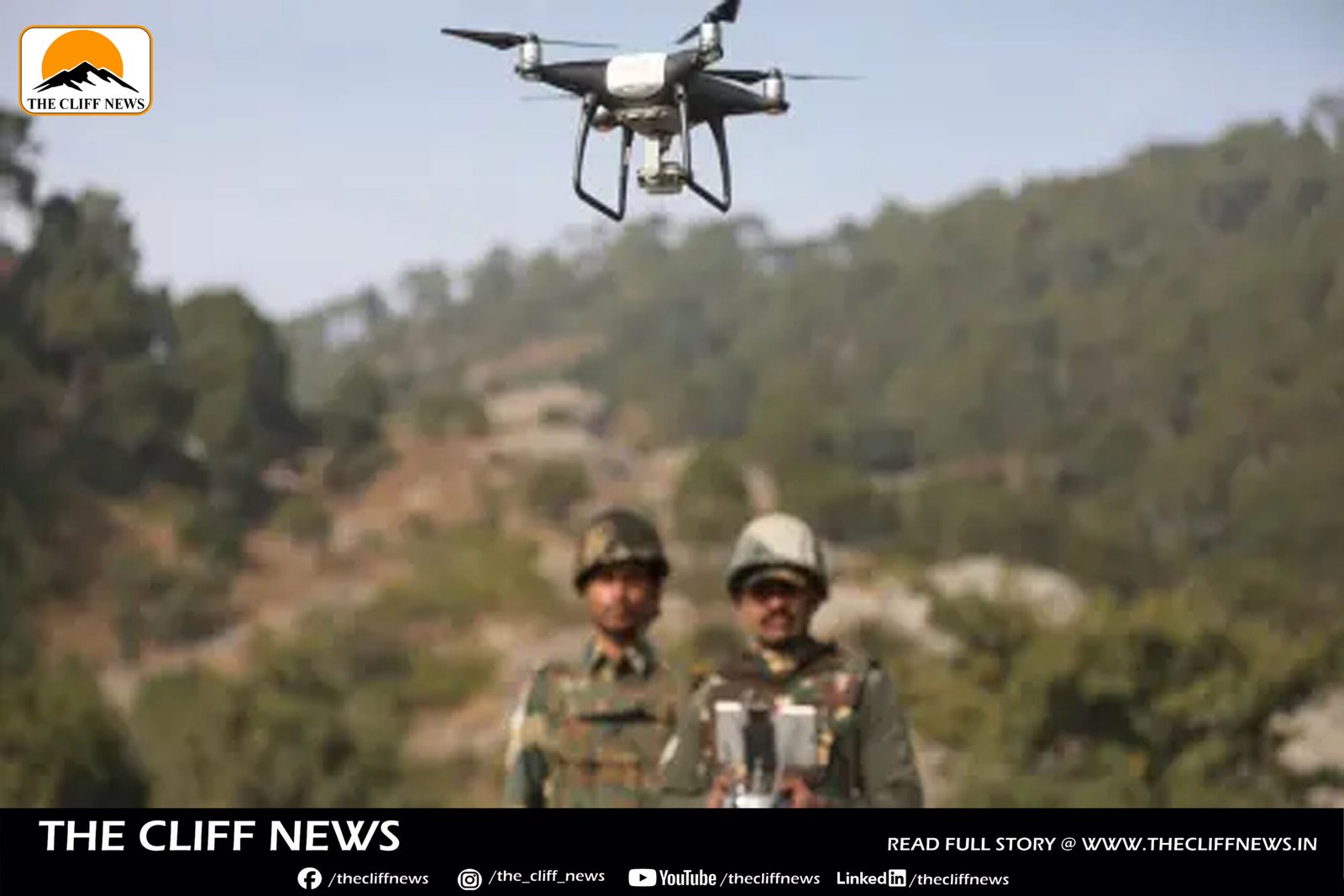Bhopal Collector Kaushlendra Vikram Singh has directed officials to overhaul the city’s civil defence framework, replacing the outdated plan from 1971 with a comprehensive and modern strategy. The move comes in response to the recent surge in Indo-Pak tensions and was announced during a debriefing meeting following a city-wide mock drill involving multiple emergency response agencies.
The meeting saw participation from representatives of the Additional District Magistrate’s (ADM) office, Bhopal Municipal Corporation (BMC), State Disaster Response Force (SDRF), and local police. One of the key directives issued was the training of at least 10% of the city’s population in basic disaster management skills — aiming to designate every tenth resident as a civil defence volunteer.
In a push to enhance fire response capabilities, the Collector instructed BMC to procure and deploy surveillance drones, similar to those used by police forces. These drones will aid in the swift assessment of fire-prone zones and improve strategic coordination. Additionally, a major upgrade of fire safety infrastructure has been sanctioned, with an estimated budget of ₹8–10 crore.
The city will also identify and categorize shelter homes — such as schools, hospitals, and community halls — across seven zones. Sub-Divisional Magistrates (SDMs) will oversee these zones and serve as reporting officers, functioning as incident commandants in emergencies.
Officials highlighted Bhopal’s massive urban expansion — from a 5 km radius in 1971 to over 25 km today — as a key reason for revamping the civil defence strategy. In response, Smart City authorities have been tasked with installing emergency sirens in newer, rapidly developing areas to ensure city-wide alert coverage.
ADM Ankur Meshram confirmed that work is already underway on the updated civil defence strategy. He noted that key focus areas include route mapping, food logistics, and resource monitoring. Meshram also emphasized the urgent need to fill SDRF vacancies, stating that the current manpower of 450–500 personnel is insufficient to meet the growing demands of disaster response operations in the expanding city.
The new plan aims to equip Bhopal with a resilient, responsive, and community-driven civil defence system capable of handling modern threats and emergencies.



